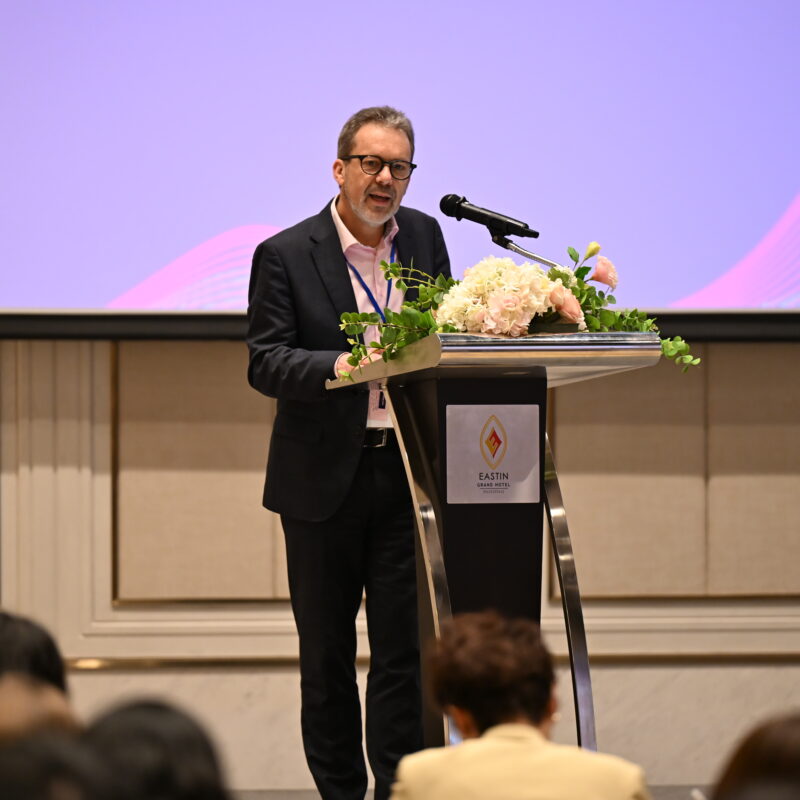



Planning for engagement and impact creates research that fits the needs of today’s world and can lead to real change. To make your research matter, you need to plan. Thinking about the changes you want to make before you start gives you the best chance of seeing them through. Talking to affected and interested people in meaningful ways is key. Conversations can help shape questions, provide feedback, or even lead to public involvement in the research. These forms of co-production rely on a foundation of trust and transparency. Everyone has a say, is recognised and paid fairly, and owns their portion of the findings. Sharing findings with the public includes new audiences and breaks down barriers between society and institutions. It also challenges you to keep seeking far-reaching, fresh perspectives.


Mutually beneficial engagement can lead to research that has a long lasting impact in society. It can improve lives and foster a more grounded, interconnected research culture. Involving the public can make findings more credible because informed by perspectives from outside the academic community and as a result, the people involved might come to think or act differently. Building partnerships with external groups also lays a strong foundation for sharing research widely and can lead to opportunities for further collaboration. As scholarly publications and data are increasingly being made freely available and there are ever more ways to communicate, engagement can help you reach new groups who might respond to your research in surprising or useful ways. All of these aspects give you a better chance of having the impact you intended at the start of a project.